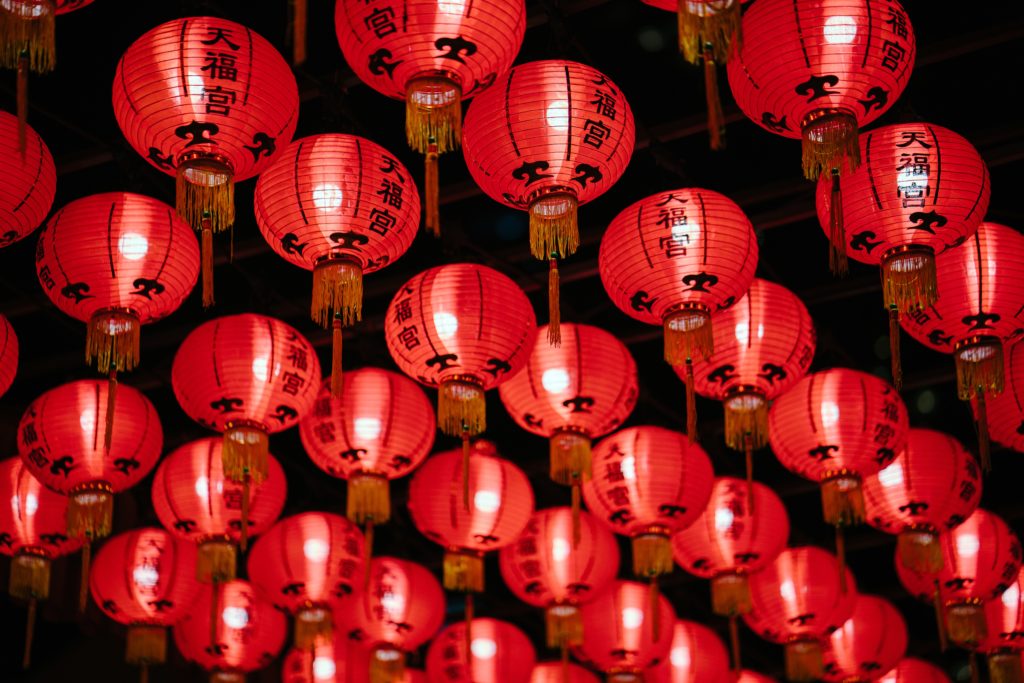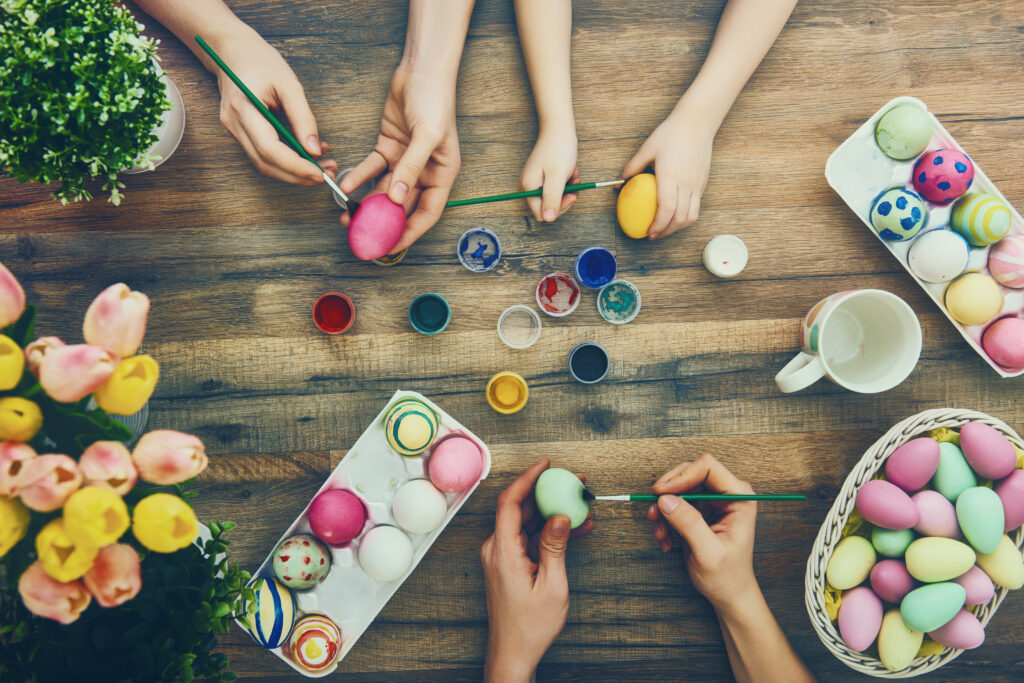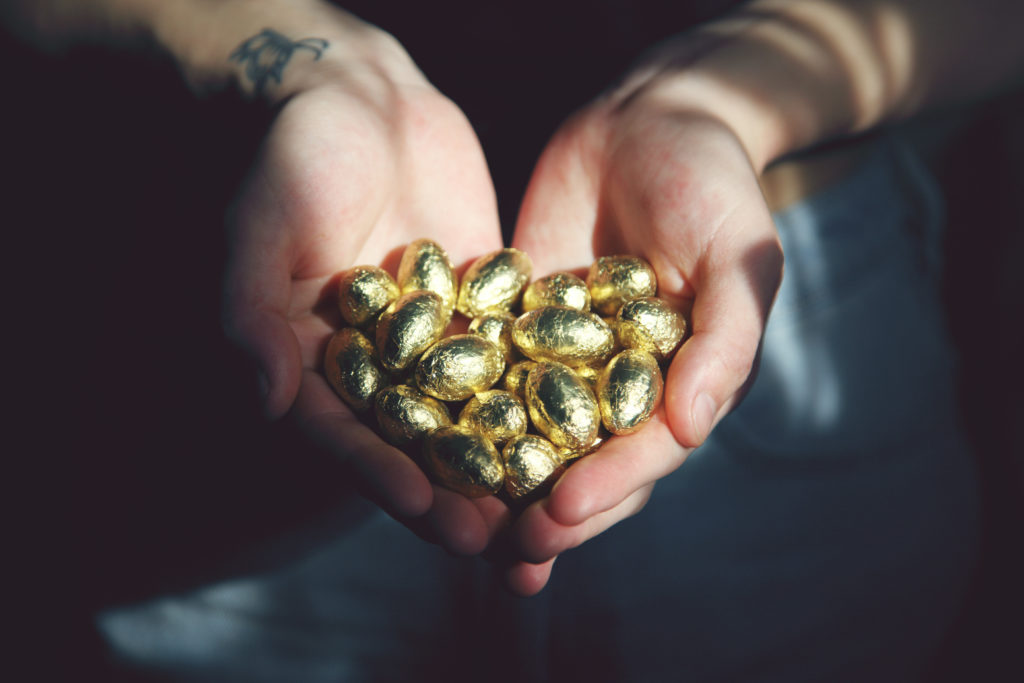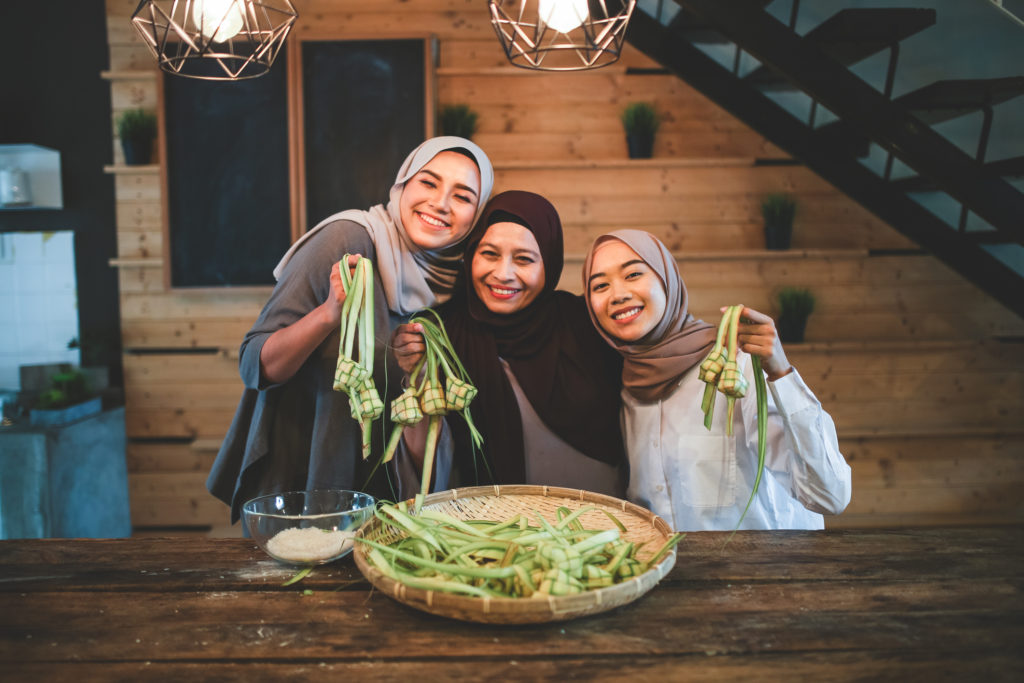Lunar New Year (also known as Chinese New Year, or the Spring Festival) is an important holiday celebrated in China and by the Chinese diaspora all around the world. Other cultures also follow the Lunar New Year calendar, including Korean New Year and Vietnamese New Year.
Here are a few key things you should know about Lunar New Year, as well as where you can celebrate it in Australia.
When is Lunar New Year in Australia 2025?
Lunar New Year starts on the first new moon of the year and ends with the first full moon, and is based on the Chinese lunisolar calendar. Traditionally, it was a way to honour ancestors and household deities. It’s also a time to visit relatives, spend time with friends and family, and exchange gifts.
This year, Lunar New Year will take place on Wednesday 29 January 2025. The festivities will last for 19 days and will end on 16 February 2025.
What is Lunar New Year?
Mythology
Chinese New Year has been celebrated for thousands of years, and it has many legends associated with it.
The legend of Nian explains some of the origins of Lunar New Year customs. Nian was a mythical creature who would attack villages before the Lunar New Year, but eventually, the villagers drove him off using red clothing, lanterns, and firecrackers.
The Chinese zodiac animals are also an important aspect of Chinese New Year; each year is assigned one of the twelve animals of the Zodiac. 2025 is the Year of the Snake, a symbol of good luck, honour and success in Chinese culture.
Festivities
Many festivals and events occur over the course of Lunar New Year. The most important festival is the Lantern Festival, which takes place on 16 February this year. The Lantern Festival marks the end of the Lunar New Year. During the festival, lanterns decorate the streets as well as the houses of participants. Some of the lanterns have riddles on them, and the person who correctly answers them usually receives a small gift. Many people eat fish and vegetable salads, as well as small rice balls, called tangyuan or yuanxiao. During the Lunar New Year, performances are held for the community, often involving lion or dragon dances.
Food
Food is an important aspect of Lunar New Year. On the eve of the new year, families come together to eat dinner with each other. Fish is usually one of the dishes served, but many leave it uneaten as a symbol of prosperity. Another food eaten during this time is New Year’s cake or nian gao. The name sounds like the pronunciation of ‘year high’, which symbolises success and prosperity, making it good luck to eat the cake during the new year or give it as a gift. On the first five days of Chinese New Year, many people eat long noodles, which symbolise long life. On the last day, it is common to eat moon-shaped dumplings as a symbol of close family relationships.
Traditions
Lunar New Year has many customs and traditions surrounding it, so it is hard to pick just a couple. For example, just over a week before the new year, many people carry out a custom called “sweeping of the grounds”. It is a day dedicated to cleaning the house to remove bad spirits and bad luck in preparation for the new year. After the house is clean, it is common to hang red decorations and lanterns. On the day of the new year, red packets filled with money are given to relatives, typically between couples or from an older relative to a young child.
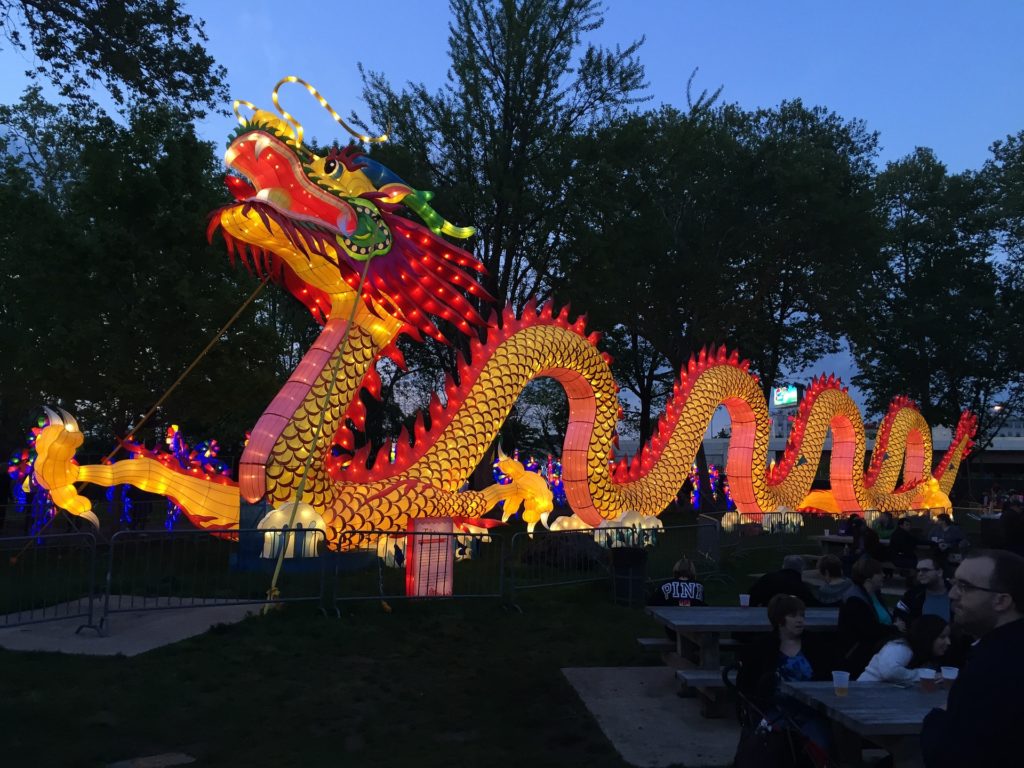
Where to Celebrate Lunar New Year in Australia in 2025
Each year, Lunar New Year is celebrated and embraced more widely around Australia. We’ve put together a guide to the best spots where you can enjoy the festivities.
Sydney
Chatswood Year of the Dragon Festival (23 January – 16 February)
Sydney Lunar Festival (29 January – 16 February)
Sydney Lunar Streets – Haymarket Street Festival (1 February)
Hurstville Lunar New Year Festival 2025 (1 February)
Cabramatta Lunar New Year (15 February)
Melbourne
Lunar New Year at Chinese Museum (25 January – 9 February)
Melbourne Chinese Lunar New Year Festival (2 February)
Lunar New Year at Fed Square (9 February)
Wyndham Multicultural Lunar Festival (9 February)
Brisbane
BrisAsia Festival (31 January – 9 February)
Lunar New Year (1 – 2 February)
Sunnybank Lunar New Year Rooftop Party 2025 (8 February)
Adelaide
Lunar New Year at Adelaide Arcade (29 January)
Lunar New Year in the Secret Garden (31 February)
Lunar New Year in Rundle Mall (31 January)
2025 Chinatown Adelaide Lunar New Year Street Party (8 February)
Perth
Lunar New Year at the Sunday Markets (2 February)
Perth Chinese New Year Fair 2025 (2 – 11 February)
Canberra
Canberra Lunar New Year Festival (1 February)
Hobart
Lunar New Year Festival (2 February)
Darwin
Darwin Chinese New Year Festival 2025 (1 March)

